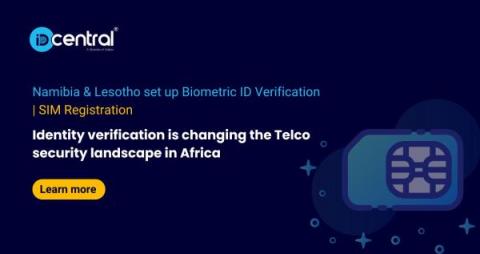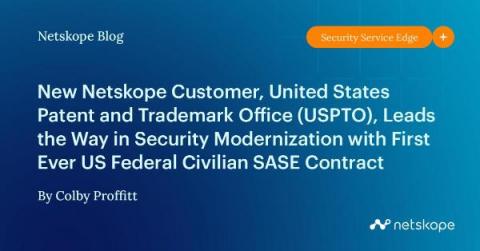How SIM card registration with ID Biometrics is revolutionizing telecom security in Lesotho, Namibia
The southern African nations of Lesotho and Namibia have newly begun programs for users to re-register their SIM cards with their biometrics and digital IDs, adding them to the list of newly joined countries adapting to the new norms in Africa. South Africa is also set to schedule biometric SIM registration, with further plans to push ‘ID4Africa’ as a type of incentive-based identity enrollment approach for governments.











